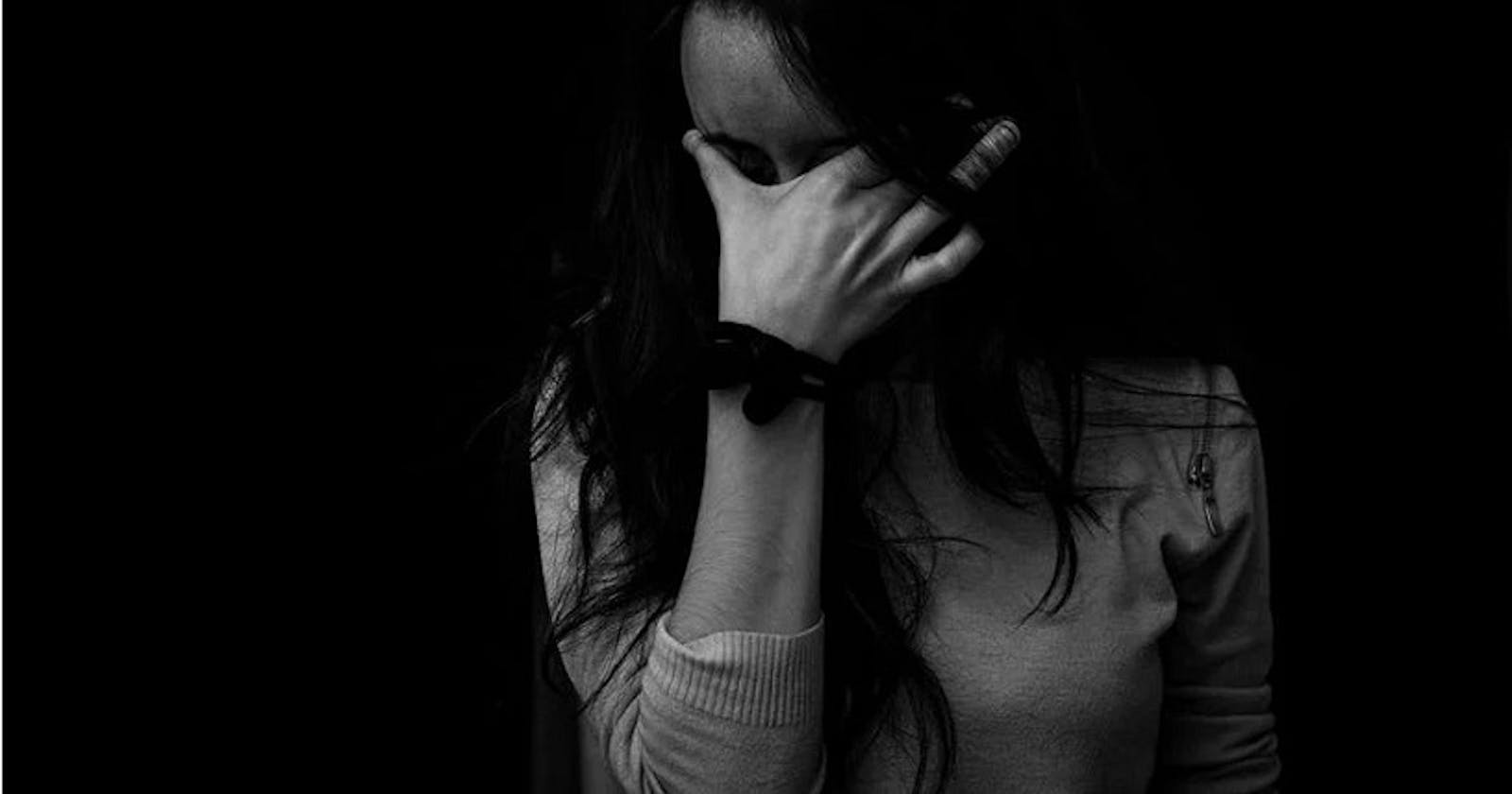Depression is a mental health condition that affects millions of people worldwide. It is often misunderstood and stigmatized, making it difficult for individuals to seek help and support. However, with the increasing awareness and efforts towards mental health, depression is being demystified, and people are learning more about its triggers and how to cope with it. As a psychiatrist in Bhopal, I have seen the impact of depression on individuals and their loved ones. In this blog post, I will discuss depression, its triggers, and some coping strategies.
Firstly, it is essential to understand that depression is not just feeling sad or low. It is a complex mental health disorder that affects a person's thoughts, feelings, and behavior. It can lead to a persistent feeling of sadness, loss of interest in activities, changes in appetite and sleep patterns, and difficulty in concentration and decision-making. Depression can also manifest physically, causing headaches, body aches, and digestive problems.
So, what triggers depression? The causes of depression are not entirely understood, but research suggests that it is a combination of biological, psychological, and social factors. Some people may have a genetic predisposition to depression, while others may develop it due to a traumatic life event, such as the loss of a loved one, a major life change, or a history of abuse or neglect. Certain medical conditions, such as chronic pain, can also contribute to depression. It is crucial to note that depression can affect anyone, regardless of age, gender, or socio-economic status.
Now, let's talk about coping with depression. Seeking help from a mental health professional, such as a psychiatrist in Bhopal, is crucial for managing depression. A psychiatrist can provide a proper diagnosis and create a treatment plan tailored to an individual's needs. Treatment for depression may include a combination of medication, therapy, and lifestyle changes.
Apart from seeking professional help, here are some coping strategies that can help individuals manage their depression:
1. Practice self-care: Depression can make it challenging to take care of oneself, but self-care is crucial for managing the symptoms. This includes getting enough sleep, eating a healthy diet, and engaging in physical activity.
2. Connect with loved ones: Depression can make people feel isolated and alone, but connecting with loved ones can provide much-needed support and comfort. It can also help individuals feel less alone in their struggles.
